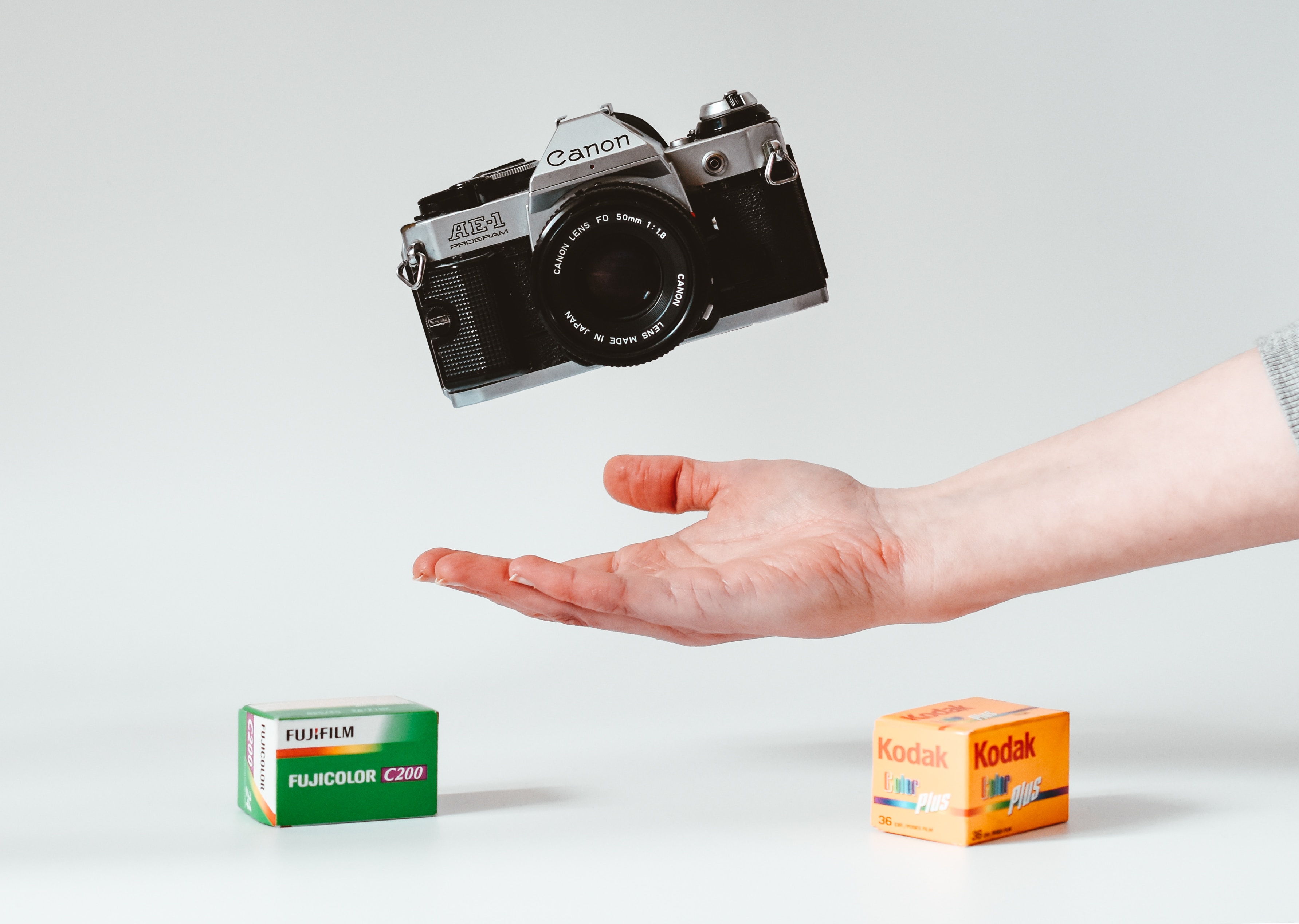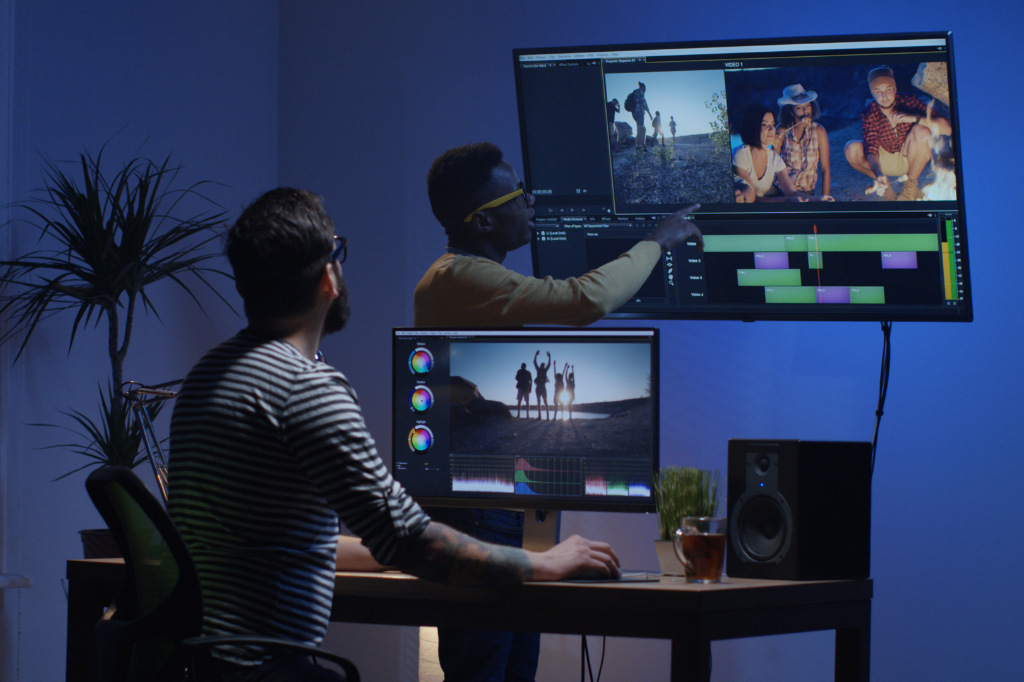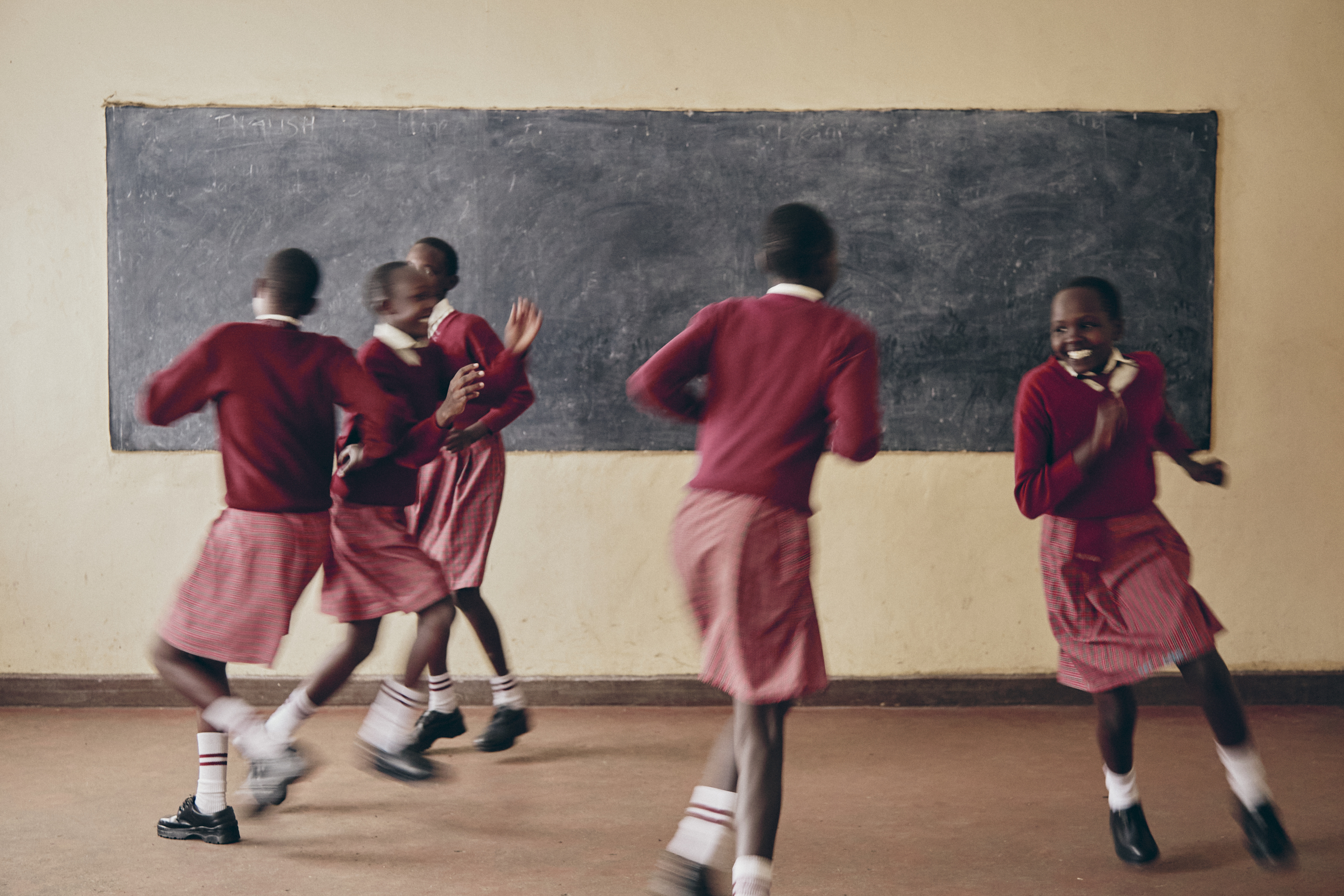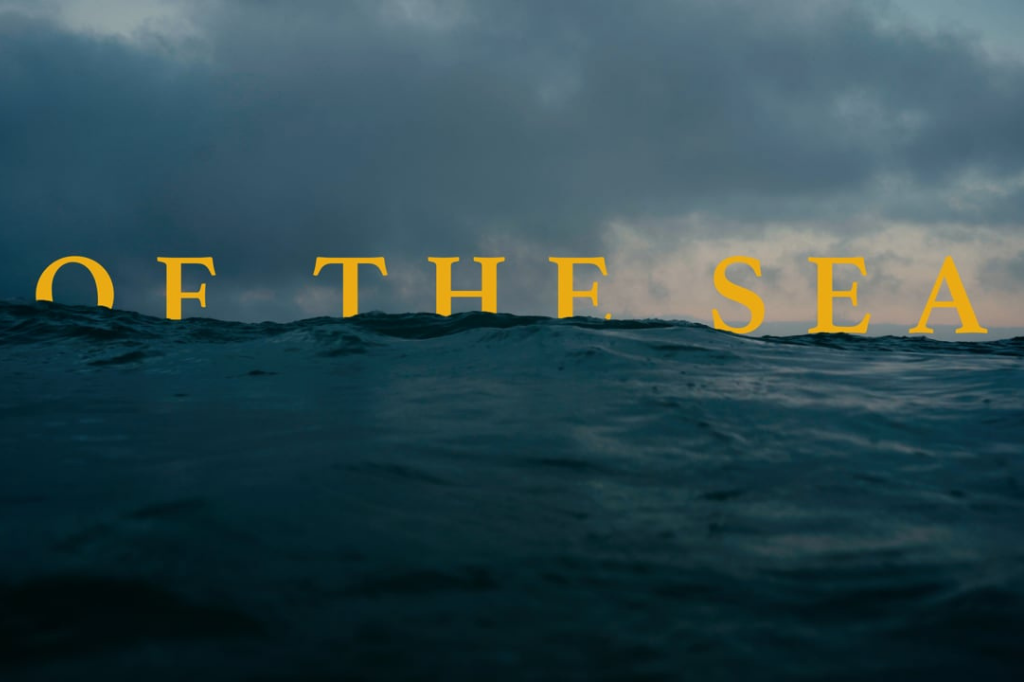The Cape Town School of Photography has become renowned for its quality part-time courses.
The Cape Town School of Photography has become renowned for its quality part-time courses. These courses range from an introductory to advanced level, on both film and digital.
We’ll be featuring three part-time courses every week, so watch this space to see what’s coming next. The third semester kicks off on 18 July, so be sure to enroll early if anything below tickles your fancy.
DSLR 1: TEN 3-hour sessions completed over TEN weeks
This entry level course combines theory and practice enabling you to take better digital photographs with your digital SLR camera by increasing your theoretical understanding of photography and exploring your creative side. The course covers camera anatomy, resolution, and exposure, visual effects of the aperture and shutter, lenses, flash, composition, basic photo editing and aims to further develop your visual literacy. The course concludes with the exhibition of your strongest work.
DSLR Advanced: EIGHT 3-hour sessions completed over EIGHT weeks
This course is designed for students who have completed Digital Photography 1 – SLR, or are already familiar with the technical aspects of their camera. This hands-on course provides you with the opportunity to improve and further develop your technical skills, while exploring classic shooting genres such as the still life, macro, landscape and portraiture. We pay particular attention to the development of your photographic eye by investigating composition, extending your visual literacy and drawing attention to the creative manipulation and understanding of light. We conclude this course with a presentation on the photographic portfolio and the exhibition of your strongest work.
SOCIAL DOCUMENTARY: TEN 3-hour sessions completed over TEN weeks
This course will focus on a photojournalistic approach to documentary photography. The main aim of the course is to encourage students to get their images out there – online, in local newspapers, magazines and other outlets. The course will also introduce students to the practicalities of shooting for the media, including ethics and captioning.
Different kinds of photojournalism, such as sport, travel and news, will be discussed and explored in the practical component. Other practical aspects such as metadata, storage and post production will be covered so that students learn how to manage their images and get them ready for publication. Students will be encouraged to do a mock job and submit their photographs.










